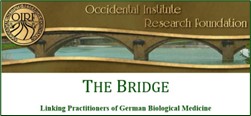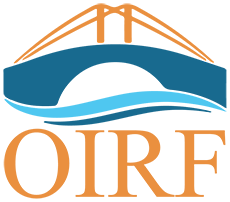POINTS OF INTEREST
Global burden of cancers attributable to infections in 2008:
a review and synthetic analysis
Catherine de Martel MD, Jacques Ferlay ME, Silvia Franceschi MD, Jérôme Vignat MSc, Freddie Bray PhD, David Forman PhD, Dr Martyn Plummer PhD
Summary
Background
Infections with certain viruses, bacteria, and parasites have been identified as strong risk factors for specific cancers. An update of their respective contribution to the global burden of cancer is warranted.
Methods
We considered infectious agents classified as carcinogenic to humans by the International Agency for Research on Cancer. We calculated their population attributable fraction worldwide and in eight geographical regions, using statistics on estimated cancer incidence in 2008. When associations were very strong, calculations were based on the prevalence of infection in cancer cases rather than in the general population. Estimates of infection prevalence and relative risk were extracted from published data.
Findings
Of the 12·7 million new cancer cases that occurred in 2008, the population attributable fraction (PAF) for infectious agents was 16·1%, meaning that around 2 million new cancer cases were attributable to infections. This fraction was higher in less developed countries (22·9%) than in more developed countries (7·4%), and varied from 3·3% in Australia and New Zealand to 32·7% in sub-Saharan Africa. Helicobacter pylori, hepatitis B and C viruses, and human papillomaviruses were responsible for 1·9 million cases, mainly gastric, liver, and cervix uteri cancers. In women, cervix uteri cancer accounted for about half of the infection-related burden of cancer; in men, liver and gastric cancers accounted for more than 80%. Around 30% of infection-attributable cases occur in people younger than 50 years.
Interpretation
Around 2 million cancer cases each year are caused by infectious agents. Application of existing public health methods for infection prevention, such as vaccination, safer injection practice, or antimicrobial treatments, could have a substantial effect on the future burden of cancer worldwide.
Funding
Fondation Innovations en Infectiologie (FINOVI) and the Bill & Melinda Gates Foundation (BMGF).
http://www.thelancet.com/journals/lanonc/article/PIIS1470-2045(12)70137-7/fulltext
 An Summarized Report for Members
An Summarized Report for Members
From THE BRIDGE Newsletter of OIRF
Published Octobewr 2012
The Lancet Oncology
Volume 13, Issue 6, Pages 607-615, June 2012
Doi: 10.1016/S1470-2045(12)70137
Published online: 09 May 2012
This study summary was mentioned in the Naturheilpraxis journal under the heading “Every Sixth Cancer Case Worldwide is Caused by Infections”!!
Naturheilpraxis mit Naturmedizin, Vol. 65, June 2012


